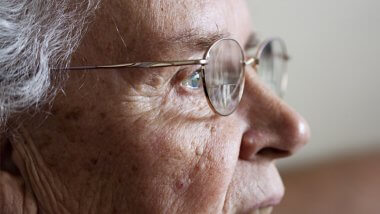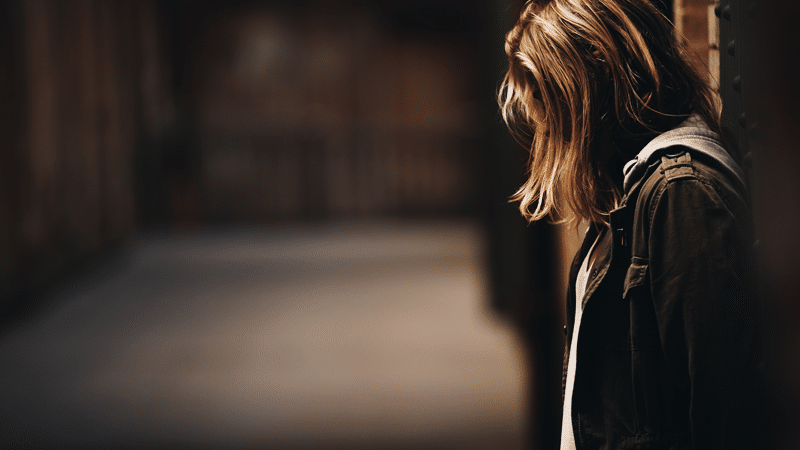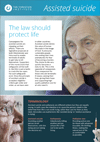A 28-year-old Dutch woman with mental health problems but no physical illness has been approved by medics for euthanasia.
Zoraya ter Beek, who has depression, autism and borderline personality disorder, fears she is “never gonna get any better” and has planned to die by lethal injection in May.
The number of reported cases of euthanasia has increased dramatically since Dutch law was liberalised – from 1,882 in 2002 to 8,720 in 2022.
Fearful
Speaking to Rupa Subramanya of the American online news outlet The Free Press, ter Beek said she wanted help to kill herself after being told by a psychiatrist that “there’s nothing more we can do for you”.
She intends to die, she explained, in her own home – which she shares with her boyfriend – “on the couch in the living room”. But she admitted: “I’m a little afraid of dying, because it’s the ultimate unknown”.
Rehearsing the scene, ter Beek said: “The doctor really takes her time. It is not that they walk in and say: lay down please! Most of the time it is first a cup of coffee to settle the nerves and create a soft atmosphere.
“Then she asks if I am ready. I will take my place on the couch. She will once again ask if I am sure, and she will start up the procedure and wish me a good journey. Or, in my case, a nice nap, because I hate it if people say, ‘Safe journey.’ I’m not going anywhere.”
‘Suicide contagion’
Medical ethicist Professor Stef Groenewoud told the news outlet: “I’m seeing euthanasia as some sort of acceptable option brought to the table by physicians, by psychiatrists, when previously it was the ultimate last resort.”
The expert, who is based at Utrecht’s Kampen Theological University, added that this was especially the case with “young people with psychiatric disorders, where the healthcare professional seems to give up on them more easily than before”.
Critics of euthanasia argue, Subramanya reflected, that people like ter Beek “have been tacitly encouraged to kill themselves by laws that destigmatize suicide, a social media culture that glamorizes it, and radical right-to-die activists who insist we should be free to kill ourselves whenever our lives are ‘complete’.
“They have fallen victim, in critics’ eyes, to a kind of suicide contagion. Statistics suggest these critics have a point.”
Slippery slope
In October, addressing the Republic of Ireland’s parliamentary committee on assisted suicide, Dr Theo Boer from the Netherlands explained that he used to support his country’s euthanasia law before becoming “increasingly critical” after witnessing it in practice.
Dr Boer warned that once euthanasia is introduced for those deemed terminally ill, the list of eligible people expands as other groups claim it is ‘unjust’ not to be included.
“The legalisation of euthanasia”, he said, has “turned the whole landscape of dying, including our view of illness, suffering, ageing and care dependence, upside down.”
Last year, the Dutch Government agreed to expand its Euthanasia Act to allow children of all ages to be euthanised under the law.

Times readers slam columnist Parris for pressuring elderly and infirm to kill themselves
Bake Off’s Prue fears she is helping to unleash assisted suicide ‘nightmare’
Poll on assisted suicide reveals ‘stark judgements’ about vulnerable



